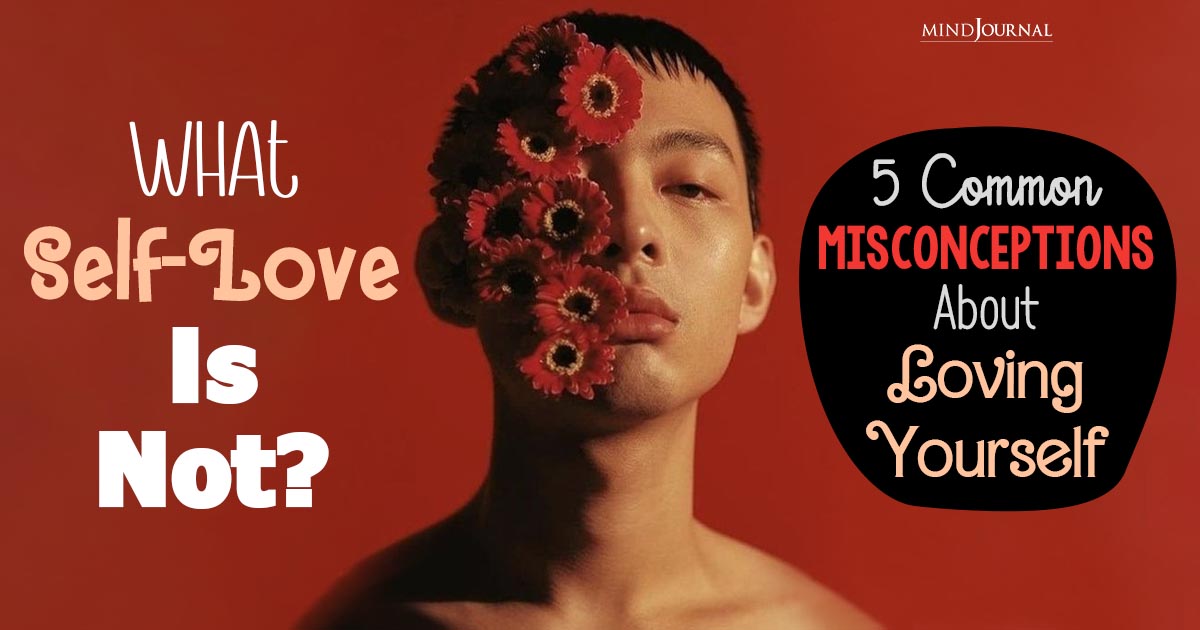How to live a good life? How to cope up with a crisis? How to think about your personal values? How to teach our kids what you believe about living a good life with the right values?” This blog covers all your questions!
“I’m not religious,” Lena* said to me at the beginning of her therapy session. “I’m not going to start taking my children to church or to Sunday school. But I’m not sure how to teach them about values – the kinds of values I feel like I learned in Sunday school when I was a kid.”
She was the fourth client last week who brought up this question.
Tony*, whose children are teens, put it this way. “They see and hear and read about so much that isn’t part of my belief system. I feel like my wife and I are always correcting what they get from the internet or from movies – or even from their friends and in school. How do we teach them what we believe about living a good life with the right values?”
I was thinking about this question when I read of the death of Jim Lehrer, the journalist I first knew of as one half of the MacNeil-Lehrer Report, later called the NewsHour, on PBS (Public Broadcasting System). His newscasts had been an important part of my young adult life, in part because I admired his way of looking at and presenting what was going on in the world to the rest of us.

And this week, in one of the articles where he was remembered, I learned that Lehrer had “9 Rules for Reporters,” which solidified my admiration for the man – and provided me with a list to share with my clients struggling to teach their children about values.
I was struck by how many of his rules also apply to my work as a psychotherapist, both in terms of what I try to teach new therapists as they enter this profession, and also what I hope that clients will take away from our work together.
In essence, I think we could also call these Lehrer’s 9 Rules For Living a Good Life.
I share those rules, quoted directly from the article by Anne Azzi Davenport and Jeffrey Brown, here, with some of my thoughts about how they might help you think about your own values — and teach them to your children.
Here are 9 rules for living a good life:
1. “Do Nothing I Cannot Defend.”
A client told me recently that he lives by the rule, “If I’m not going to be proud of it, I’m not going to do it.” He wasn’t speaking of accomplishments, something that he could show off to other people.
As he explained what he meant, he added, “I won’t do anything that I wouldn’t tell my children about. It’s a way that I have of checking with myself to make sure that my behavior is in line with my personal values – every step of the way.”
The good life is a process, not a state of being. It is a direction not a destination – Carl Rogers

Read Top 5 Regrets Of The Dying And How We Can Avoid Them
2. “Cover, Write And Present Every Story With The Care I Would Want If The Story Were About Me.”
Of course, in life, we’re not writing and presenting news; but we often talk about other people, whether we’re gossiping or simply sharing information.
Applying this rule to life simply means being as careful about what we say about other people as we are about what we say about ourselves. Or to put it another way, we are as careful about what we say about others as we’d like them to be about what they say about us.
3. “Assume There Is At Least One Other Side Or Version To Every Story.”
Again, this makes sense for a reporter; but it also makes sense as we try to find ways to connect to the people we live, work, play, and otherwise associate with. In the world of social media and conviction by news reports, what this can also translate to recognizing that we are only hearing one side of any story and that there are always other sides. It also fits with some of the information we get on social media about our friends and family.
A wise young friend recently told me, “I finally figured out that there’s a ‘self’ that everybody puts on social media, and then there’s the ‘self’ that exists in real life. It’s confusing because it’s hard not to believe all of the great fun and important things people seem to be doing on social media. But even when they’re true, they’re not the whole picture. There’s always another person behind the story.”
Read 10 Important Life Lessons I Learned From My Dog
4. “Assume The Viewer Is As Smart And Caring And Good A Person As I Am.”
This one can sometimes be particularly difficult. Change “viewer” to “other person,” and ask yourself how often you think someone else is not as smart, caring, or good as you are.
Or, on the other hand, how often do you think they’re smarter, more caring, and better people than you? Most of us tend to either over-or under- estimate other people – and under-or over-estimate ourselves.
5. “Assume The Same About All People On Whom I Report.”
A client told me that he and his father had gotten into a political argument during a family dinner. “He’s so stupid and stubborn,” he said. “I can’t believe he can really believe the things he says.” Interestingly, another client had recently said the same thing about his father.
Each of these clients was smart, thoughtful men, whose fathers sounded equally smart and thoughtful. What was fascinating was that my two clients, who were on opposite sides of the political spectrum from one another, would each have probably agreed on wholeheartedly with what the other’s father was saying.
In other words, if each had heard the other’s father speak, he might well have said that he was a smart, caring, and thoughtful person. It’s important to remember that everyone has a point of view and that even when it doesn’t mesh with our own, it doesn’t mean that they are bad or stupid.
My dream is to live a good life and be loving, be close to God and be a good human being and bring peace to people – Ziggy Marley
6. “Assume Personal Lives Are A Private Matter Until A Legitimate Turn In The Story Absolutely Mandates Otherwise.”
Again, in terms of personal and work relationships, this rule reminds us that it’s important to respect one another’s boundaries. Sometimes private lives become public, either accidentally or out of necessity.
But it’s an invaluable rule to remind ourselves that, just as we’d rather not have our own personal lives exposed to the world, so too should we try to protect the personal lives of our friends, family, and colleagues, unless there is a very good reason not to do so.
Read 10 Life Lessons From The Godfather To Unleash The Gangster Within You
7. “Carefully Separate Opinion And Analysis From Straight News Stories, And Clearly Label Everything”
In this world where the term “fake news” is often used to negate anything we don’t agree with, it’s harder than ever before to sift truth from lies. But I think Lehrer’s suggestion is still monumentally important – perhaps more than ever before. How do you know what’s the truth and what’s not?
Sometimes you don’t. But there are a few things you can do to figure it out. First, it’s useful to remember to check several different sources. If a friend tells you something bad about another friend, for instance, don’t take it as a fact, no matter how much you trust that friend.

She might have gotten parts of the story right, but she might also have mistaken or misunderstood other parts. Think about who else could give you more information, without creating a chain of gossip or false assumptions. More than one-second source is often good.
And then carefully weigh the information you’ve gathered, maybe even discussing it with a neutral third party – or if that isn’t possible, at least with people who have different perspectives on the situation and even on that particular friend.
8. “Do Not Use Anonymous Sources Or Blind Quotes Except On Rare And Monumental Occasions. No One Should Be Allowed To Attack Another Anonymously.”
This is similar to #7, of course. If someone tells you something he heard from “someone,” or read “somewhere,” it’s always worthwhile to find out if there’s real evidence for the accusation. And it’s equally important not to spread such non-information yourself.
Gossip can actually sometimes be useful – but it can also be incredibly harmful. While in general, I think it’s better not to spread information just for the pleasure of talking badly about someone else, it’s crucial not to spread unfounded rumors about anyone.
Not only is it hurtful to them, perhaps unfairly, but it can also come back and bite you in the butt. So protect yourself and your relationships by making sure you have the facts right – and being sure you really want to be the person who spreads any rumor, true or false.
Not life, but good life, is to be chiefly valued. – Socrates
Read What You Need To Do Differently To Alter Your Life Based On Your Zodiac Sign
9. “I Am Not In The Entertainment Business.”
This last rule is so, so important, not just in this day of news as entertainment, but also in the social media world in which snippets of our lives are often used to entertain others – and ourselves.
There is a joke that has regularly made the rounds on Facebook since early on, that goes something like (and I’m paraphrasing here) “I’ve started living my life as though it was Facebook. I go up to strangers in the street and tell them what I ate, what time I got up, who I saw, and all the details of what I did and where I went yesterday. And I’ve already got a lot of followers: two law officers, three FBI agents, and a couple of psychiatrists.”
I have written about the incredible added value that social media has brought to our lives, one of the most important being that it’s a way of making and staying in contact with friends who we don’t see regularly and who we might otherwise not be able to stay connected to; but I have also talked about some of the dangers of the medium.
One is that we can get so focused on how we present ourselves – the images of our life that we put out there – that we forget to focus on how we’re actually living. A value we can all try to remind ourselves — and our children and loved ones — that the life we’re actually living is far more meaningful than the images we present of that life!
Jim Lehrer left an important legacy behind. Although his view of reporting the news is not a popular one these days, there are, fortunately, I believe, plenty in the news business who still do follow it.
But perhaps in terms of our individual psychological and emotional well-being, what’s most important is that his rules of reporting are also invaluable tenets for living a good life.
*names and personal info changed to protect privacy
copyright fdbarth@2020
Please share these 9 rules for living a good life with anyone who you may think will find it valuable and helpful.
Would you like to add more rules for living a good life? Drop a comment below!
Written by: F. Diane Barth Originally appeared on: Psychology Today Republished with permission










Leave a Reply